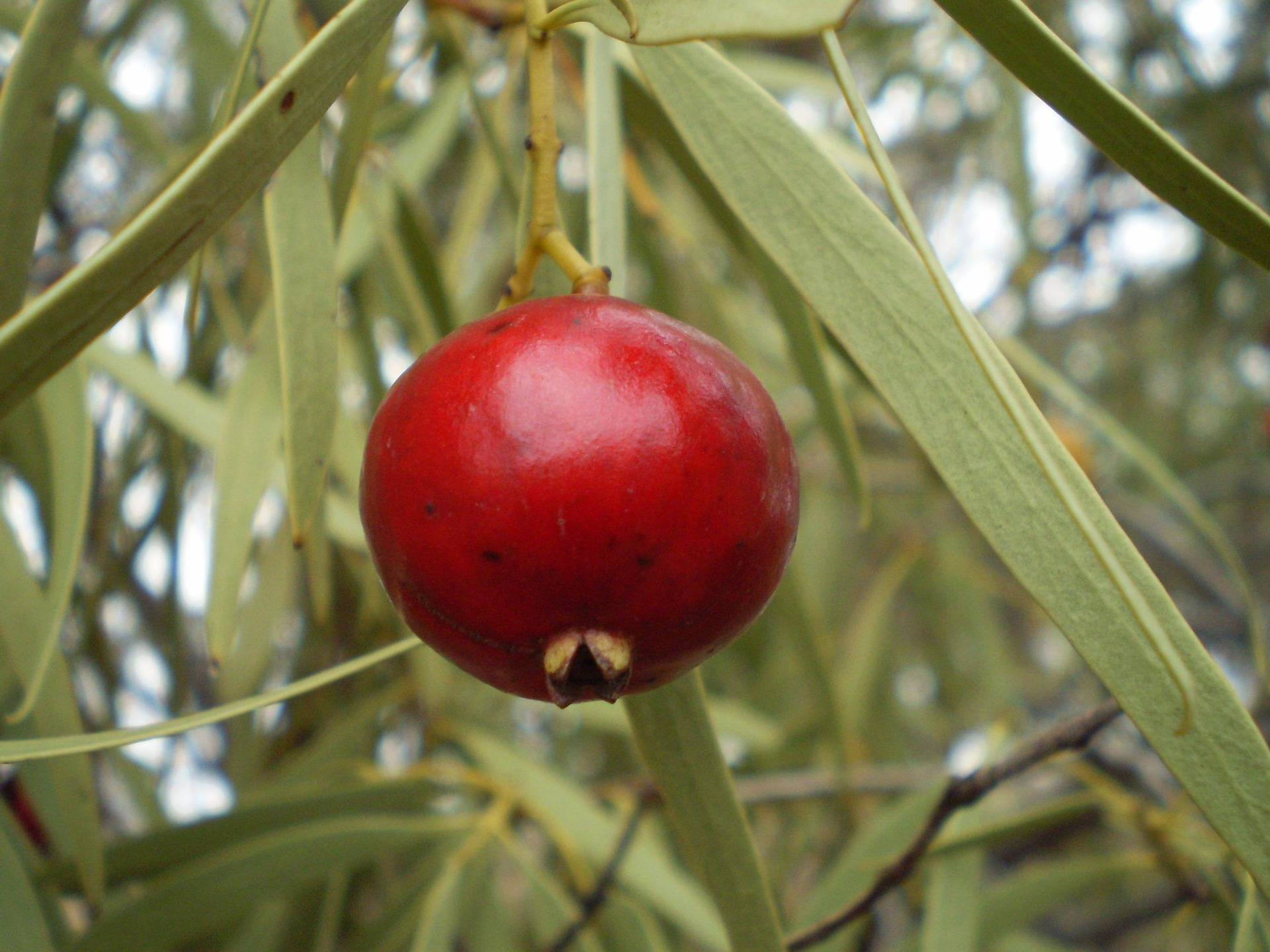Unveiling the Secrets of Exotic Nigerian Cuisine
Nigerian cuisine is a burst of flavors, a symphony of textures, and a palette of vibrant colors. This gastronomic wonderland has remained relatively unexplored on the global culinary stage, leaving a trove of unique dishes and techniques waiting to be discovered by the adventurous food lover. Let's dive deep into the world of Nigerian cuisine, uncovering its secrets, flavors, and culinary traditions.

1. The Cultural Mosaic of Nigerian Food
Nigeria’s rich culinary tapestry is woven from over 500 ethnic groups, each bringing their distinct food traditions to the table. The Hausa people in the North are known for their hearty stews and grain-based dishes, while the Yoruba in the Southwest relish their spicy soups and fermented foods. The Igbo from the Southeast prefer their meals bold and spicy, often involving assorted meats and seafood.
2. The Nigerian Food Staples
Nigerian cuisine revolves around a few key ingredients. “Fufu,” a dough made from cassava, yam, or plantains, is a staple across the country, served with rich, spicy soups. Rice forms the base for several dishes, including the iconic “Jollof Rice,” cooked in a tomato and pepper puree with a variety of meats and vegetables.
3. The Colorful Nigerian Street Food Scene
Street food in Nigeria is a vibrant affair. From the sizzling “Suya” skewers, a popular street snack of grilled meat sprinkled with spicy peanut powder, to the sweet, doughy “Puff Puffs,” Nigeria’s streets are a gourmet delight for the adventurous eater.
4. Nigerian Drinks: A Refreshing Diversity
Nigeria’s beverage scene is as diverse as its food. “Palm Wine,” tapped from the sap of palm trees, is a traditional alcoholic beverage enjoyed across the country. “Zobo,” a bright red drink made from hibiscus petals, cloves, and ginger, is a refreshing non-alcoholic option.
5. Nigerian Cuisine: A Vegan’s Paradise
Despite its reputation for meat-heavy dishes, Nigerian cuisine also offers an array of vegan options. “Efo Riro,” a spinach stew cooked with peppers and locust beans, and “Akara,” deep-fried bean cakes, are just two examples of the vegan delights that can be discovered in Nigerian cuisine.
The Hidden Gems of Nigerian Cuisine
-
“Egusi Soup” is a rich, protein-packed soup made from melon seeds, a variety of vegetables, and often, assorted meats.
-
“Akpu,” a fermented cassava dough, is a popular alternative to Fufu, with a slightly sour taste that complements the spicy soups.
-
“Kuli Kuli,” a crunchy, spicy snack made from groundnuts, is a popular accompaniment to beverages or eaten on its own.
As we end our culinary journey through Nigeria, we realize that we’ve merely scratched the surface of this diverse gastronomic landscape. From its hearty stews and vibrant street food to its refreshing beverages and vegan delights, Nigerian cuisine offers a world of flavors waiting to be explored. So, the next time you’re feeling adventurous, why not delve into the world of Nigerian food and discover its exotic flavors for yourself?




